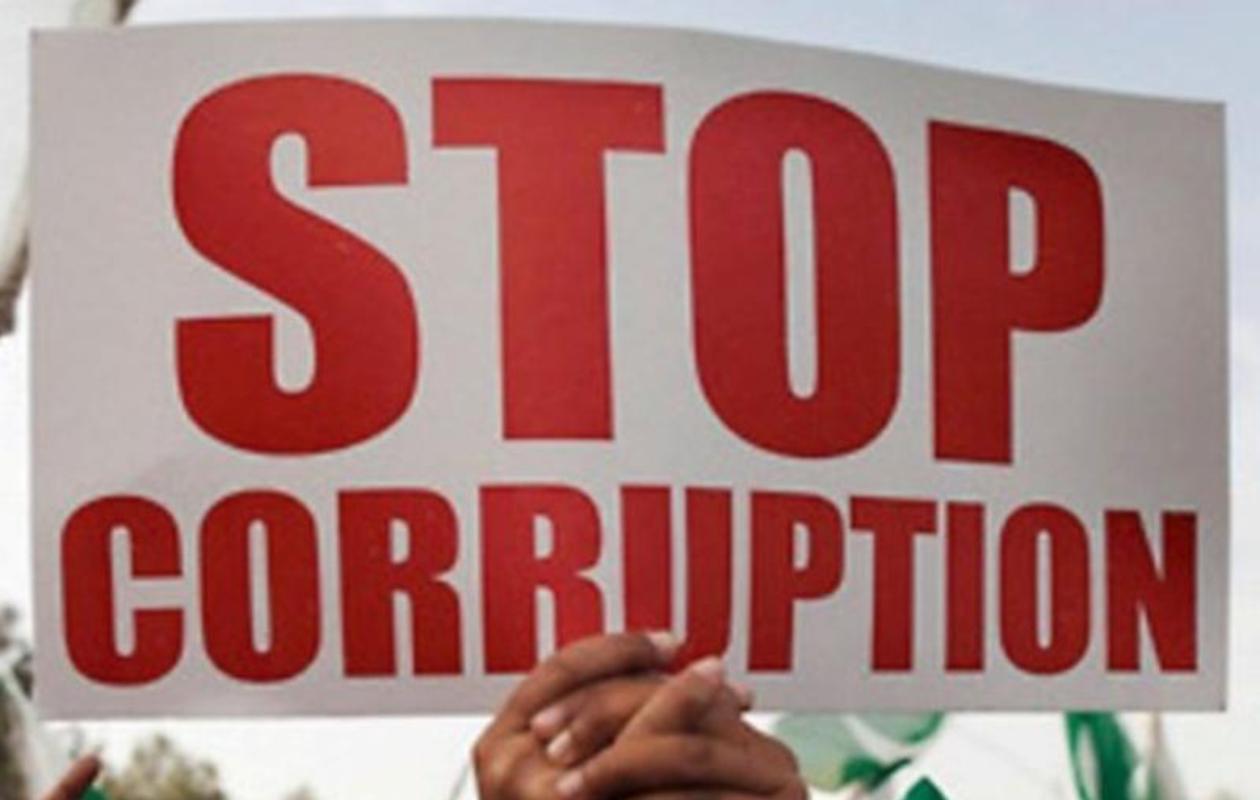
Lutte contre la corruption : Les cadres du Parti des libéraux et démocratiques critiquent les projets de loi du gouvernement
The Liberal and Democratic Party (LDP) Executives' Collective called on MPs this Friday, August 15, to reject the government's proposed bills. In a public statement, the members of the collective denounced the reforms concerning whistleblowers, the OFNAC (National Agency for National Insurance), and asset declarations. "It is deplorable that these issues were not raised during the last session of the National Dialogue," they lamented. Thus, the LDP executives' collective is calling for "genuine consultation" with political actors and civil society to strengthen the fight against corruption.
Here is the full document!
"The PLD Executives' Collective has undertaken an in-depth analysis of the bills submitted by the government to the National Assembly concerning the fight against corruption. The Collective believes that instead of presenting three separate bills, the government should have proposed a comprehensive legislation on transparency in public life, after engaging in discussions with political actors and civil society.
This discussion had also been initiated during previous sessions of the National Dialogue, leading in particular to the proposal to establish a Financial Pool, the abolition of the CREI, the strengthening of the prerogatives of the OFNAC, as well as a significant increase in the number of persons subject to asset declarations, among others. It is regrettable that these issues were not raised during the last session of the National Dialogue.
The obligation to declare assets should be accompanied by the definition of rules relating to the representation of interests, as well as a minimal mechanism for tax control.
Clarifying the representation of interests is crucial to eradicating insider trading and deterring officials from favoring private interests. At the same time, it would be appropriate for OFNAC to be able to verify the accuracy of asset declarations through the tax service, as many declarants do not pay taxes corresponding to the assets declared.
It was imperative to include, in the fight against corruption, the hidden financing of political parties, and consequently the public financing of parties and the capping of their spending.
However, our main concern is the bill on the protection of whistleblowers, which seems to reflect a desire to institutionalize the status of informer and bounty hunter, which would be a further threat to national cohesion.
The conventional definition of whistleblower, included in the reference legislation of certain countries, is unambiguous: "A whistleblower is a natural person who reveals or reports, in a disinterested manner and in good faith, a crime or an offense, a serious and manifest violation of a duly ratified or approved international commitment (...), of a unilateral act of an international organization taken on the basis of such a commitment, of the law or regulation, or a serious threat or harm to the general interest, of which he or she has personal knowledge." However, the government's draft completely distorts the meaning of this definition. According to Article 1: "A whistleblower is a natural person who, in the course of his or her professional activities, reports, communicates or discloses in good faith information relating to the commission or attempted commission of acts relating to a financial crime or offense, a threat or harm to the general interest, a violation or an attempt to conceal a violation affecting the management of finances in both the public and private sectors."
The shift in definitions is obvious. The whistleblower is no longer "disinterested and in good faith," since he is compensated 10% of the amounts involved. He is therefore no longer a whistleblower, but a fake police officer paid on a piecework basis. Moreover, the bill reserves the same fate for him as a front man who has been entrusted with illicit goods, funds, or assets.
With this bill, we are facing a serious falsification. The whistleblower, inherently selfless and voluntary, acts for the common good, while the informer works for his own profit and to serve obscure interests.
How can we not mention here the fact that several opposition leaders are imprisoned or subjected to electronic monitoring following denunciations which, to date, have not been supported by any evidence?
Therefore, the PLD Executives Collective urges MPs to reject these infamous laws and demand genuine consultation on the measures to be adopted to strengthen the fight against corruption in Senegal.
Commentaires (4)
Participer à la Discussion
Règles de la communauté :
💡 Astuce : Utilisez des emojis depuis votre téléphone ou le module emoji ci-dessous. Cliquez sur GIF pour ajouter un GIF animé. Collez un lien X/Twitter, TikTok ou Instagram pour l'afficher automatiquement.